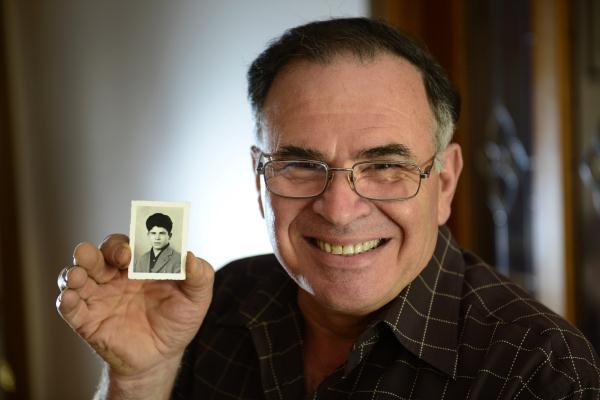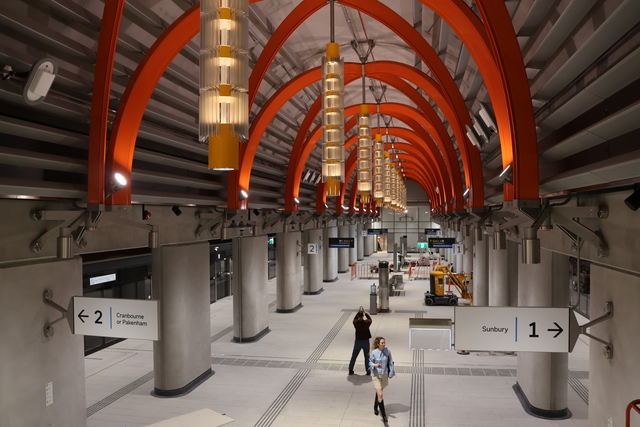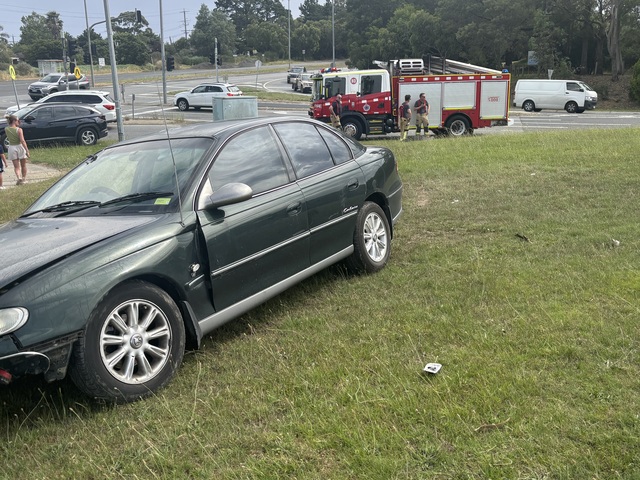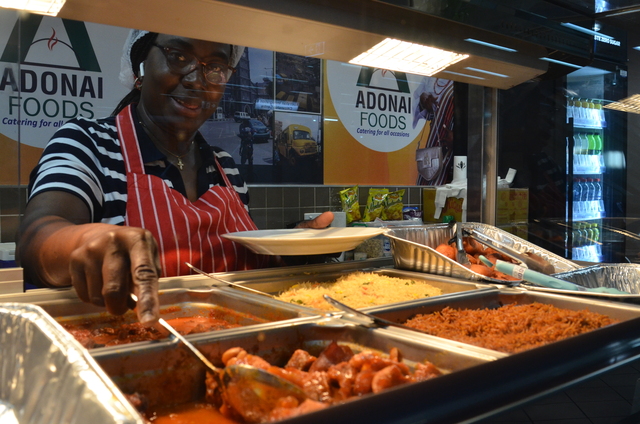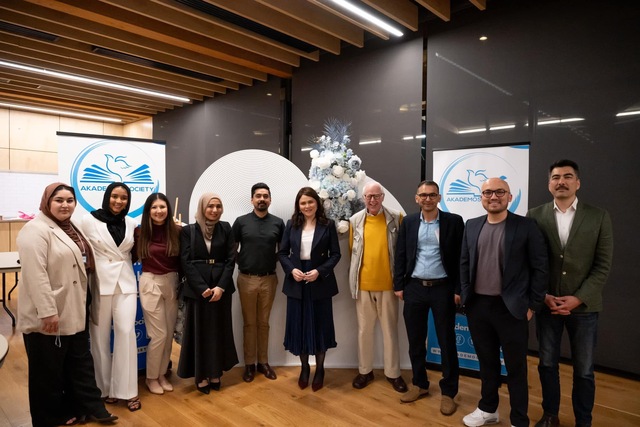By CAMERON LUCADOU-WELLS
“SOMETIMES the pot was on top of the fire and there was nothing to put in it. I know what it’s like to be a child without a toy.”
Springvale Benevolent Society’s passionate president Joe Rechichi has stark memories of his own childhood poverty growing up in Delainuova, a small Calabrian town in Italy.
It’s why he cannot let a child go without, he says.
He puts himself on call for the volunteer-run charity 24/7 and is quick to answer the hotline when it rings in his study.
Like many new arrivals, he and his mother Grazia and five siblings came with nothing.
He was 17, knew nothing about Australia and spoke little English.
“I came here to work and really got my hands in. You don’t work, then you don’t eat – that’s what I told myself.
“I arrived on a Monday when it was 105 degrees Farenheit (40 degrees Celsius), looked for a job on Tuesday, got work on Wednesday, got paid on Thursday and went to a rock-and-roll night at Springvale (town hall) on Friday night.
“That night I thought this is beautiful. You don’t have to speak English to have a great time.”
Last week marked his 50th year since landing in Springvale and reuniting with father Domenico who had left for Australia a year earlier to pave the way for his family’s arrival.
Joe built a successful life – as a cabinet-maker who made his own house and as a contented husband and father to wife Teresa and two children.
In some ways, the 67-year-old’s life work is complete yet he – and the benevolent society – still patch up many more lives in the region.
The benevolent society started two years before Joe arrived. It has helped waves of needy families – including the refugees who dwelled in the Enterprise Hostel.
Springvale has changed from a country town in the 1960s to a suburb burgeoning with people from many lands. Their businesses woke up a sleepy town.
In the 1990s Joe noticed growing numbers of long-term unemployed as the region’s industries moved out.
These days, Springvale has become a desired place to live. Blocks of land in its central district are priced over $1 million. It’s a sign of the suburb’s progress, he says.
However, demand for help is now as high as it has ever been.
The benevolent society receives requests from growing numbers of the working poor struggling to meet the soaring cost of living.
About 25 new families request help each month.
“Benevolency is not just to give things out but we try talking to them and giving good advice.
“I’m no psychologist but I know how you talk to people. I do understand what poverty is.”
The team of volunteers don’t just hand out vouchers, white goods and Christmas food hampers.
They also visit the families in their homes and get a feel for what services can help them.
There’s also a “network of giving” supporting the charity – schools, churches, businesses and council staff donating plentifully.
But there is always a need for more, even though Mr Rechichi says you couldn’t find a more efficient charity.
Last year, its volunteers made more than 1700 house visits.
“You see a mother there and she says her child went to school without lunch because they couldn’t afford it. It shouldn’t be happening in this country.
“That’s why I say how high do you want me to jump. I’ll do it.”

